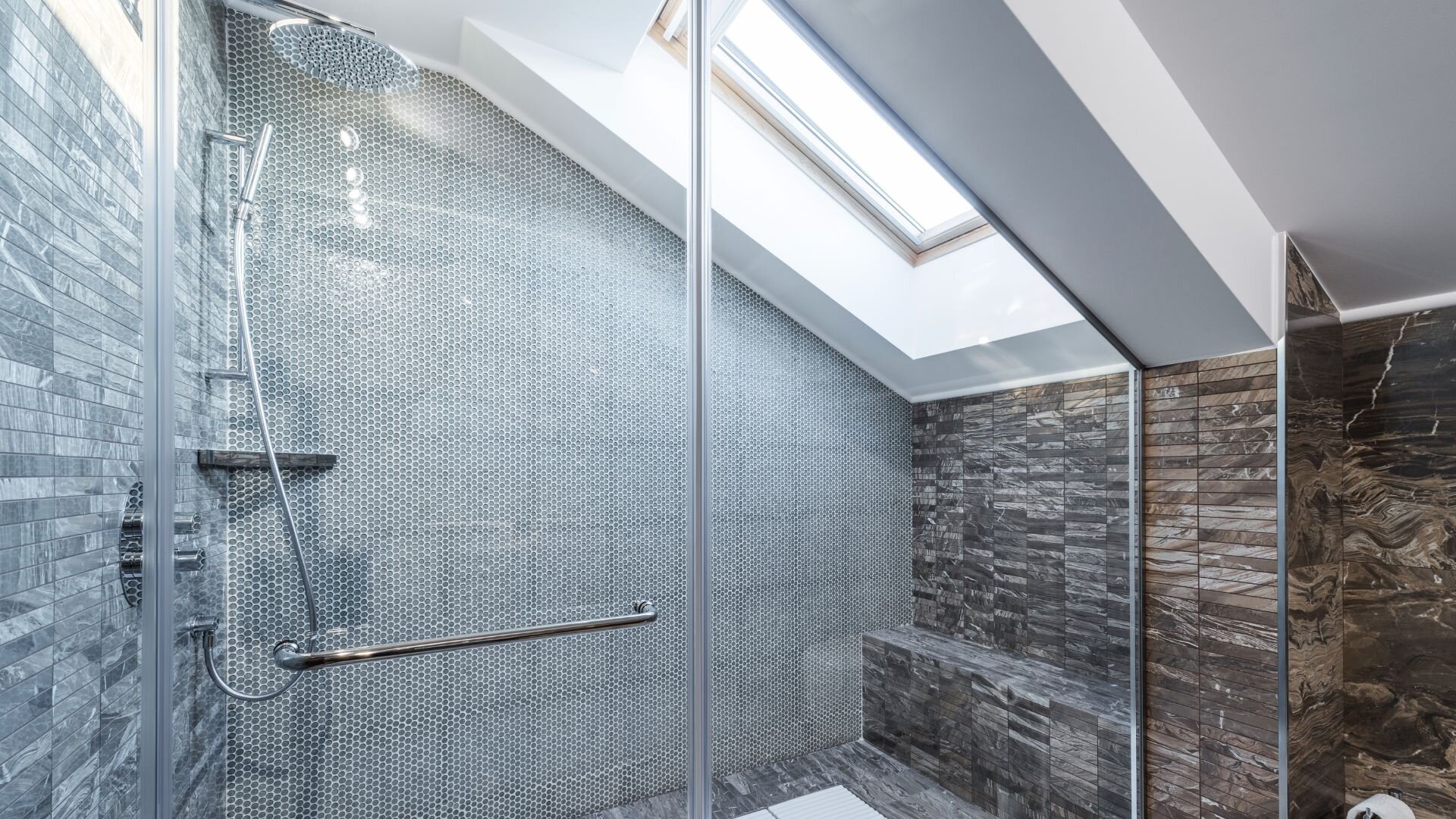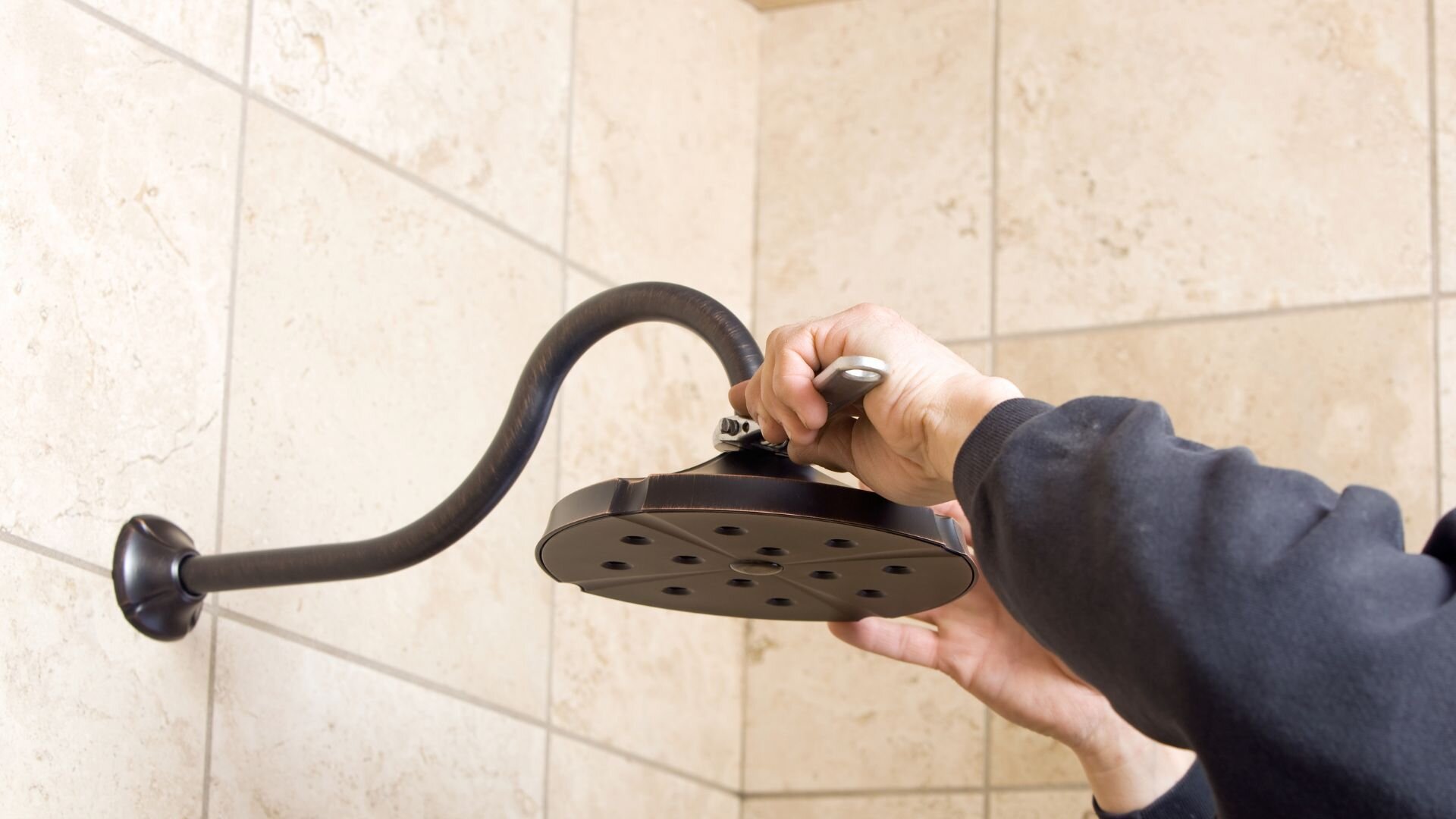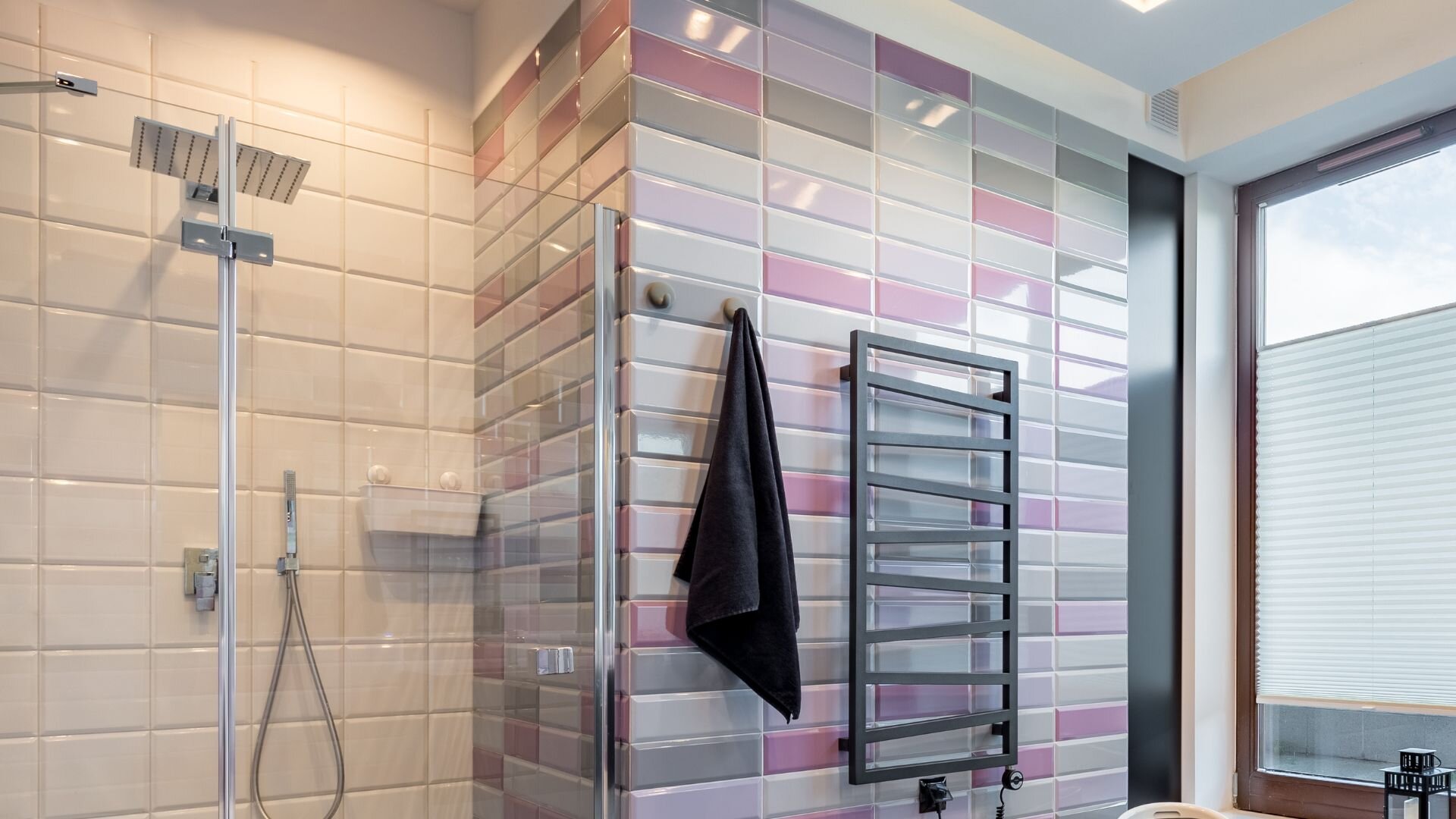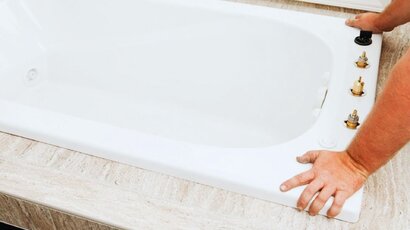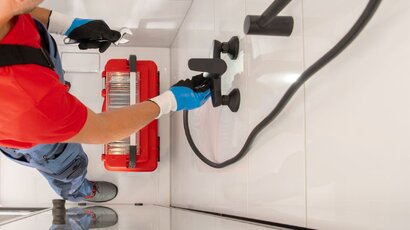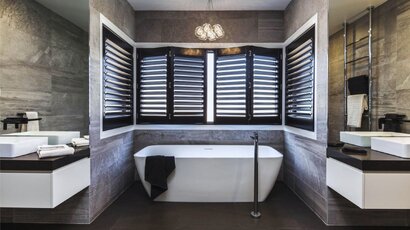Did you know that we might be showering more often than necessary? While daily showers are common, dermatologist Dr Deanne Robinson suggests that many people could benefit from showering just three times a week. The frequency depends on your skin condition, the products you use, and your lifestyle.
Choosing the right shower setup can enhance your daily routine and even increase your home?s value. From luxurious rain showers to efficient handheld options, there?s a variety of choices available. This guide will help you navigate the options to create your perfect shower experience.
Evaluating Your Bathroom Space
Before selecting a shower, it?s crucial to assess your bathroom?s size and layout. Start by measuring the space accurately. Use a tape measure to determine the length, width, and height of your bathroom. Note the location of existing plumbing, as this can affect where your shower can be installed without extensive renovations.
![]()
Think about any space limitations when selecting your shower type. If your bathroom is on the smaller side, corner showers or sliding doors could be your best bet for making the most of the area.
Larger bathrooms can accommodate more luxurious options like walk-in showers or freestanding units. Ensure there?s enough room for comfortable movement and any additional features you desire, such as benches or multiple showerheads.
Types of Showers: Exploring Your Options
Choosing the right shower can greatly enhance your daily routine. Here?s a look at the main types available:
Electric Showers
Electric showers heat water on demand, making them energy efficient and ideal for homes with limited hot water supply. They are quick to heat and easy to install. However, they may not provide as strong a flow as other types.
Mixer Showers
Mixer showers blend hot and cold water, offering a comfortable temperature. They work best in homes with good water pressure. Their main advantages are their simplicity and reliability, but they may require a separate pump in low-pressure systems.
Power Showers
Power showers come with a built-in pump to boost water pressure, making them perfect for homes with low water pressure. They provide a strong, invigorating flow. The downside is that they can be less energy efficient and use more water.
Digital Showers
Digital showers offer precise temperature control via remote or app, adding a modern touch to your bathroom. They allow for customised settings and can be programmed for multiple users. However, they can be more expensive and complex to install.
Understanding the benefits and drawbacks of each type will help you identify which shower suits your needs best.
Water Pressure and Plumbing Considerations
Understanding water pressure and plumbing is crucial for choosing the right shower.
Testing Water Pressure
Water pressure affects shower performance, influencing flow and experience. To test it, attach a pressure gauge to an outdoor tap. Ideal domestic pressure ranges from 100 to 300 kPa.
Compatibility with Shower Types
Different showers have different pressure needs. Electric showers are great for low pressure, while power showers need a bit more oomph. Make sure your choice aligns with your plumbing setup to steer clear of any hiccups.
Upgrades and Adjustments
For low pressure, consider installing a booster pump or an unvented system. Check for plumbing restrictions that may impact installation. Upgrading old pipes can also improve flow and efficiency.
Assess these factors to ensure optimal shower performance and satisfaction.
Design and Aesthetics: Making a Style Statement
![]()
The right shower can significantly enhance your bathroom?s aesthetics, acting as a focal point. Popular design trends include minimalist frameless doors, sleek black finishes, and natural materials like stone and wood. Chrome and brushed nickel remain timeless choices for a modern look.
Consider how your shower choice reflects your personal style and complements existing décor. A contemporary rain showerhead can add a touch of luxury, while a vintage-style fixture might suit a classic bathroom.
Budgeting for Your New Shower
Setting a realistic budget for a new shower involves considering various costs. Begin by accounting for the shower unit itself, which can range from affordable models to high-end designs. Installation costs are another factor, often depending on the complexity of the plumbing and any additional features.
Don?t forget ongoing maintenance expenses, such as cleaning supplies and potential repairs. To balance quality and cost, research different brands and read reviews to find reliable products within your price range. Consider prioritising essential features and opting for simpler designs if needed.
Installation: DIY vs Professional Help
![]()
When installing a shower, you can choose between DIY and professional help. DIY installation can save money and offer personal satisfaction. However, it requires plumbing skills and knowledge of local regulations. Mistakes can lead to costly repairs and safety hazards.
Hiring professionals ensures proper installation and adherence to safety standards. They can handle complex tasks, like plumbing adjustments and electrical work, reducing the risk of errors. The downside is the higher cost.
Take a moment to consider your skills and how confident you feel before taking the plunge. If there’s any doubt, getting a pro on board can help you avoid headaches and ensure everything goes smoothly.
Your Ideal Shower Awaits
Transform your bathroom into a personal oasis with the perfect shower. By choosing the right shower, you enhance your daily routine and elevate your home?s ambience. Embrace the benefits of a well-selected shower?comfort, style, and functionality.
Ready to take the next step? Explore your options with confidence and let WP Plumbing assist you in bringing your ideal shower to life. Our team of experts is committed to quality service and exceptional craftsmanship. With our expertise, you can ensure a seamless installation and a beautiful result.
Contact WP Plumbing today for professional shower installation services. Let us help you create the bathroom of your dreams. Your ideal shower awaits!

